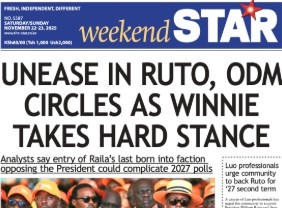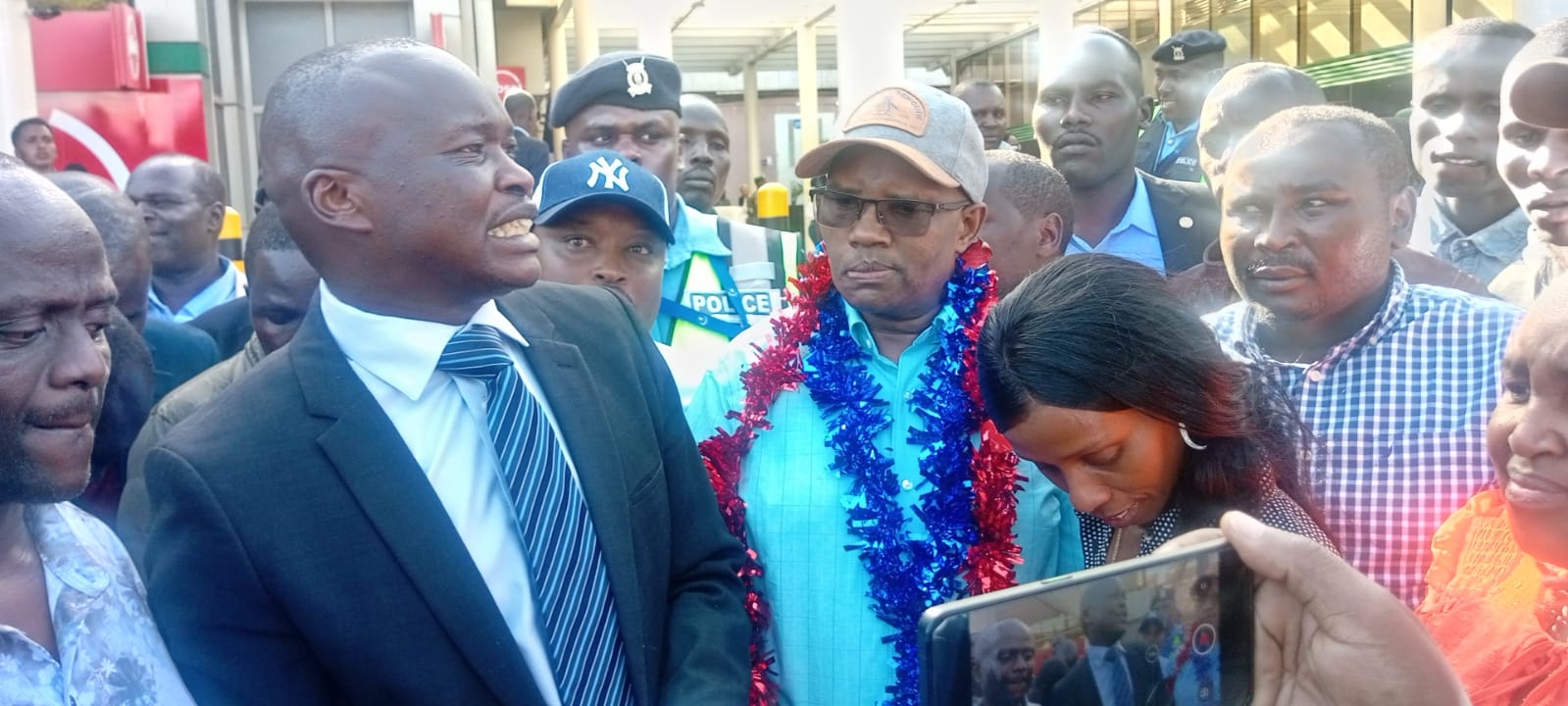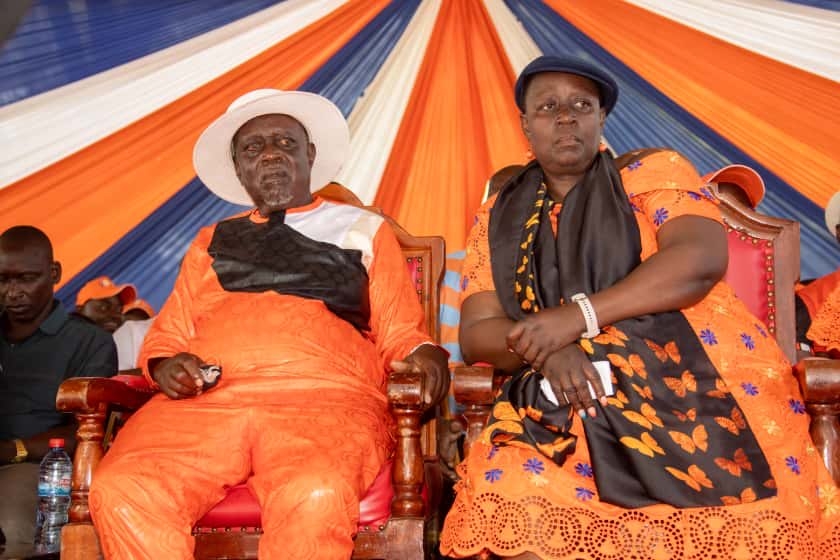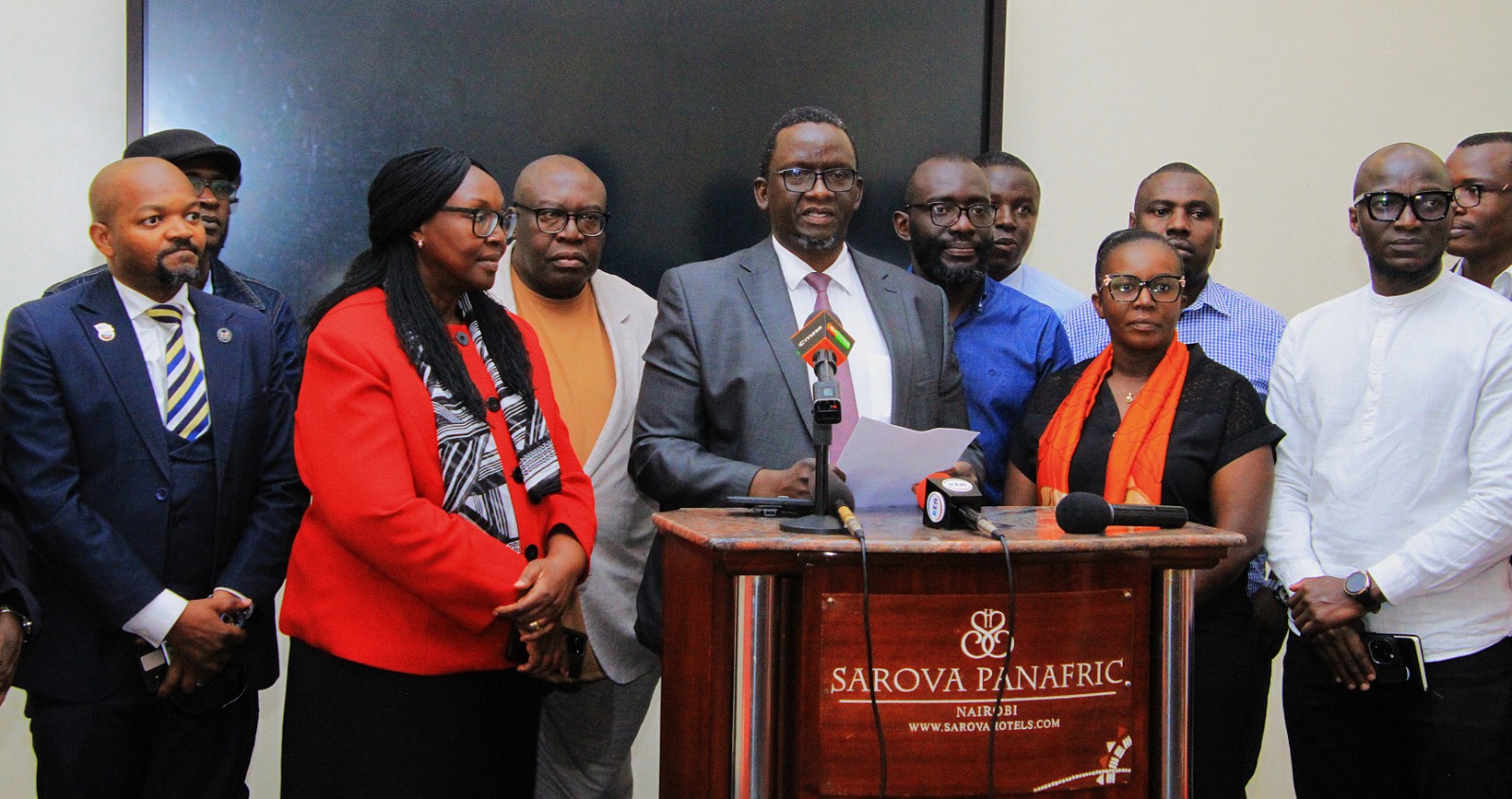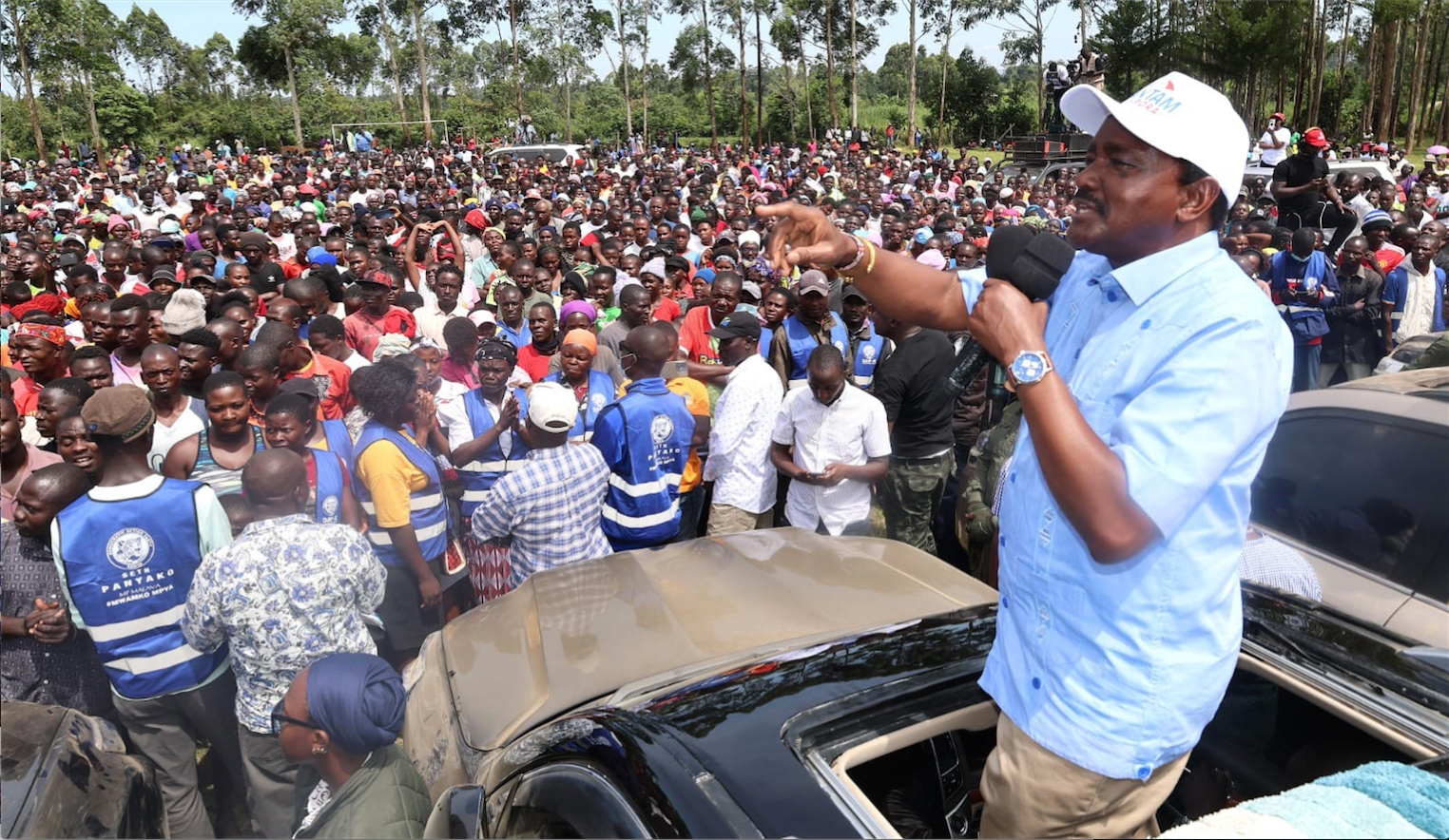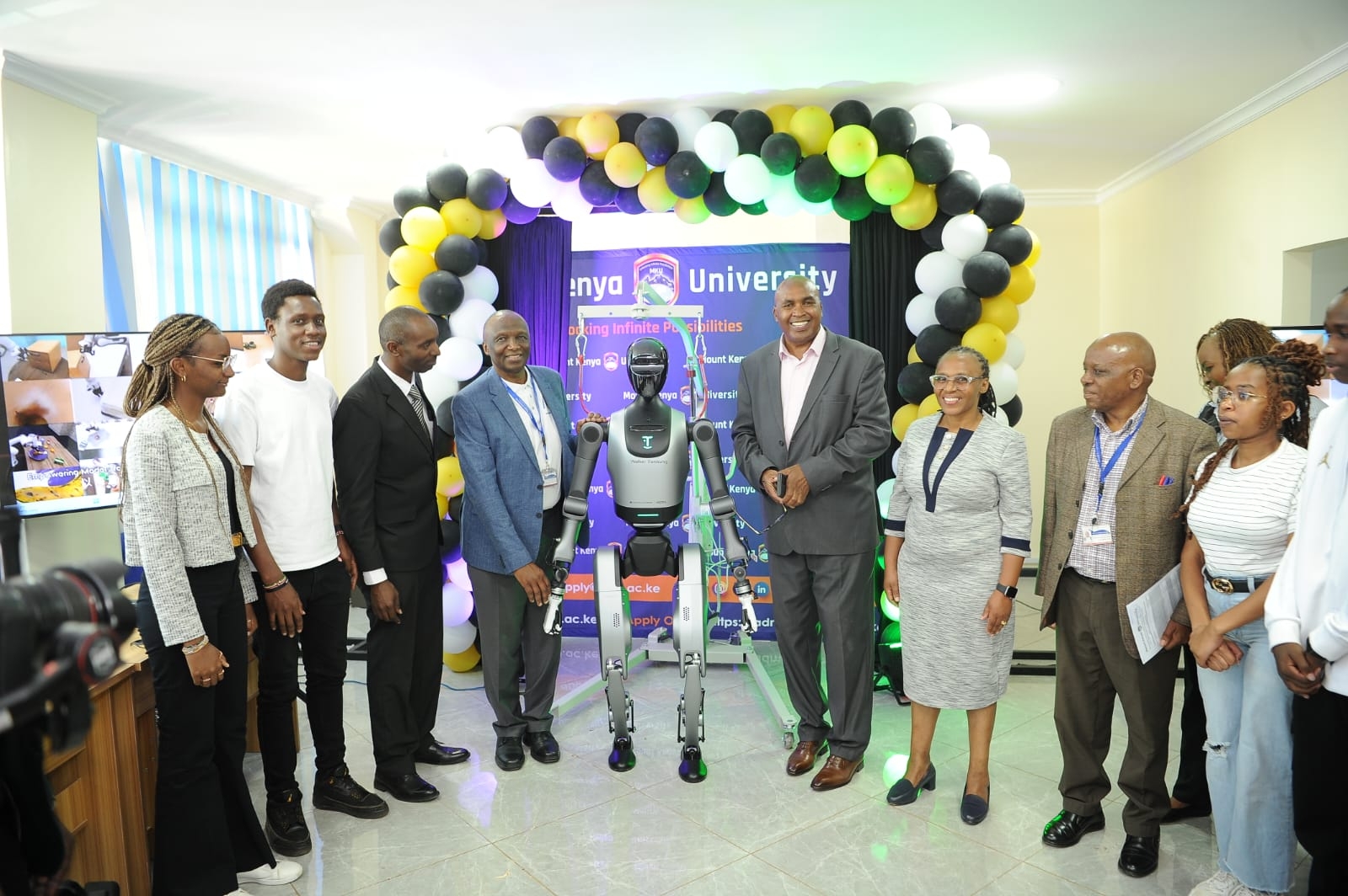Sugarcane farmers from Western have opposed the reintroduction of zoning of sugar catchment areas as proposed in the Sugar Bill 2022.
Led by Peter Mumia Nabongo II of the Wanga Kingdom, the farmers said demarcating catchment areas will kill struggling companies like Mumias Sugar, which has a larger crushing capacity.
“Sugarcane farmers should be left to sell their cane to millers of their choice who offer them better prices and pay them promptly,” Mumia said.
He was speaking at the Nabongo Cultural Centre in Matungu constituency when he hosted sugarcane farmers’ associations from the Lake Region Economic Bloc.
He said they should not be restricted to specific millers as this would lead to their exploitation.
“A company like Mumias has a higher crushing capacity compared to other millers in this region, and restricting it to develop and source sugarcane from specific areas will affect its operations,” Mumia said.
“Millers should be free to source for the cane anywhere in the country to meet their requirements.”
The Sugar Bill 2022 currently before Parliament aims to reintroduce delineation of sugarcane catchment areas.
The bill by Navakholo MP Emmanuel Wangwe seeks to address unhealthy competition for raw materials by rival millers and encourage millers to develop their own cane.
The first schedule of the bill lists Kericho, Nandi and Uasin Gishu as the Rift Valley region, while Bungoma and Trans Nzoia counties are Upper Western region.
Kakamega, Busia, Siaya and Vihiga are Lower Western region, while Homa Bay, Kisumu, Migori and Narok are Southern region.
Finally, Kwale, Lamu and Tana River counties are under Coastal region.
The bill also seeks to reintroduce the Sugar Development Levy, which will support farmers to develop the crop.
It also aims to move the Kenya Sugar Board from Agriculture and Food Authority, where it currently operates as just a directorate, and vests powers to govern and regulate the sugar industry on the board.
Mumia said elected and opinion leaders are ready to talk to farmers to resume sugarcane farming, but they will not agree to be caged in certain corners of the country.
"We want a free market and competition because it will improve the sector in terms of prices per tonne and farmers will benefit and this will avoid exploitation," he said.
"Let farmers sell their cane to the best miler, and let millers up their game by offering good services like field extension officers, training and seedlings."
Charles Atiang’ of the Kenya National Alliance for Sugarcane Farmers said zoning is what exposed farmers to exploitation by millers before it was removed with the repeal of the Sugar Act.
“We want our farmers to be at liberty to sell their cane to the best miller with good pay and in good time in order to reap maximum benefits from their investments in cane farming,” Atiang’ said.
“Mumias Sugar Company has a crushing capacity of more than 8,000 tonnes and yet can only manage to get 3,000 tonnes of sugarcane. So zoning will hurt our millers and to a larger extent the farmers.”
A farmer, Gregory Nabukwesi, said farmers want to be free to sell their cane to the miller that offers them good prices.
He said Mumias Sugar Company does not have cane since most of its contracted farmers quit cane farming when they started facing challenges and should be free to source for the cane from any part of the country.



